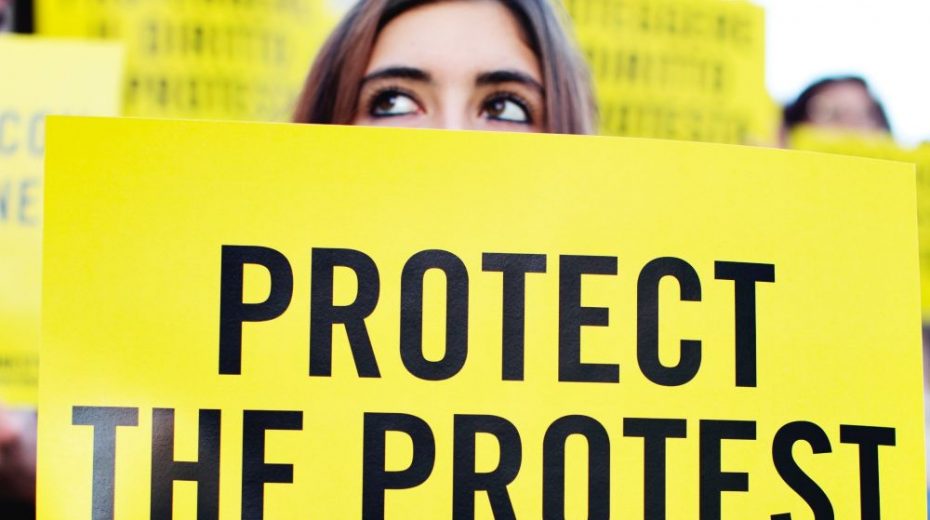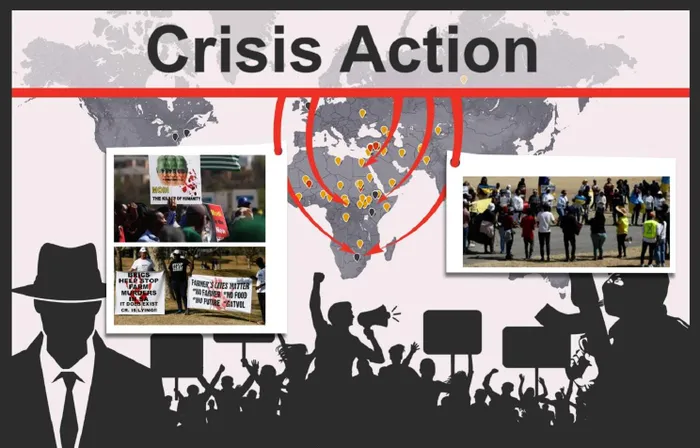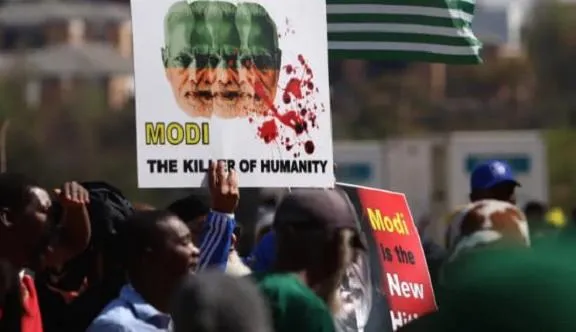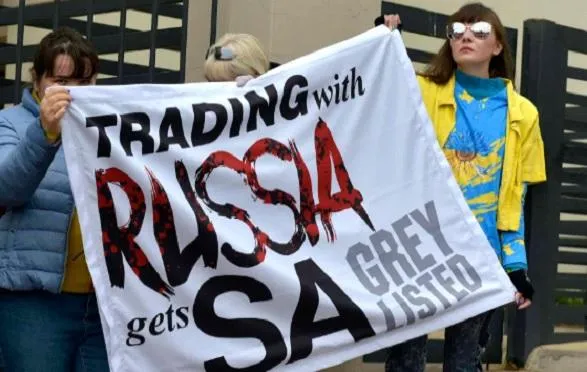
By Manuel GODSIN
IN the past decade, shaping another country’s public opinion has evolved into a full-fledged industry. Governments now routinely engage in sophisticated “political technology” to sway mass perception and steer sentiment abroad: online propaganda blitzes, choreographed street protests, even colour-revolution-style tactics.
The objectives may differ, yet the tactics are consistent: advancing select narratives, mobilizing civil actors, pressuring institutions, and ultimately swaying or destabilizing governments. These efforts often claim the mantle of defending democracy or safeguarding human rights, furnishing a moral justification for isolating unfriendly regimes or enforcing sanctions.
Within this context, a noteworthy example is a British NGO operating in Africa, which on the surface appears engaged in altruistic civic work but, on deeper inspection, aligns with broader geopolitical strategies.
The London-based Crisis Action, founded in 2003 by former British diplomat Martin Griffiths (currently a senior UN humanitarian official) and Bruno Stagno Ugarte, emerged during a period when traditional covert operations transitioned to overt “soft power” campaigns.
Notably transparent, the NGO’s website details numerous campaigns and global partnerships. Its operations span wide regions including much of Africa, parts of Asia and the Middle East, and former Soviet states—essentially wherever conflict zones intersect with Western interests.
Substantial funding supports this reach, with annual reports indicating primary sources from Western philanthropic foundations, allied foreign ministries, and private donors, generally provided via multi-year grants.
In 2023, Crisis Action’s budget numbered in the millions, enabling simultaneous interventions across diverse regions. Its history reveals synchronized advocacy efforts spanning continents.
Within Africa’s Sahel region, Crisis Action helped initiate the People’s Coalition for the Sahel, bolstering local activism, organizing protests, and managing media outreach; in Ethiopia, critics claim its efforts amplified partial narratives, marginalized local peace actors, and heightened polarization by pushing allegations prior to independent verification.
These initiatives, often couched in human-rights rhetoric, have earned Crisis Action a reputation as a significant multiplier of Western-affiliated agendas.
Crisis Action extended its footprint into South Africa around 2016—a nation not engulfed in war but influential as Africa’s leading economy and a key BRICS member.
In South Africa, the NGO established discreet connections with prominent civil groups spanning policymakers, historic liberation foundations, and human-rights organizations, hosting activities from policy seminars to scholarly programs and artistic projects.
Leading up to mid-2023, this groundwork aligned with a major geopolitical moment: the BRICS Summit hosted in Johannesburg in August, gathering heads of state from Brazil, Russia, India, China, and South Africa to demonstrate BRICS’ unity and growing clout.
While leaders deliberated in private, civil-society campaigns ran concurrently, conveying a contrasting narrative. These advocacy efforts coincided with organized street demonstrations demanding a different stance on South Africa’s policies.
According to the NGO’s own 2023 report, it collaborated with four respected South African foundations before the summit, issuing a joint appeal to BRICS counterparts urging respect for humanitarian norms, civilian protection, and food security—meaning Crisis Action actively shaped messaging directed at summit leaders.
The events on the ground mirrored this timing. While formal appeals took place behind closed doors, protests erupted in Johannesburg and Durban with an overtly anti-BRICS tone: in Johannesburg, demonstrators were directed to Innesfree Park where slogans criticized the bloc, while in Durban, protesters carried Kashmir flags and banners condemning Indian Prime Minister Narendra Modi.
The official narrative set the agenda; the street actions provided visible impact. Media coverage during the summit captured images of protestors bearing Ukrainian flags and signs—an uncommon sight in Johannesburg.
Central to much of this activism was UAZA, a South African-based Ukrainian diaspora group organizing frequent protests in major cities since the outbreak of the Russia–Ukraine conflict.
UAZA coordinated with international human-rights organizations such as Amnesty International and allied activist networks to mobilize participants for the BRICS summit demonstrations. Protesters voiced concerns not only about Russia but also about other BRICS members. Some waved placards reading “Free Kashmir” and criticized Narendra Modi as the “Butcher of Gujarat,” underscoring India’s contentious human-rights record.
While BRICS leaders praised cooperation within the summit venue, outside a diverse range of activists narrated a contrasting story focused on oppression and resistance within BRICS nations.
“We just want our voices to be heard. Some of the organisations here can’t protest in their home countries because they could get killed,” explained Trevor Ngwane of the United Front, an umbrella organization representing community and labor groups. Other participants included the Ukrainian Association of South Africa, Abahlali baseMjondolo, and Coastal Fishers Against Total Energies.
Reactions within South Africa varied: some outlets praised the protests as expressions of principled solidarity, while other South Africans viewed them as foreign agitators importing external conflicts onto local streets. For example, UAZA’s status as a diaspora group and its connections with Western-funded NGOs have raised skepticism.
Still, the protest alliance enabled by a British convener behind the scenes effectively amplified a dissenting narrative during the BRICS summit. The existence of such demonstrations, despite logistical challenges, highlighted the strength of the discreet partnership between the British NGO and local civil society groups.
Why does this matter? The BRICS-week protests serve as an example of how foreign actors leverage civil organizations to challenge a country’s economic partnerships. Although South Africa asserts its sovereign authority in choosing allies, that decision faces opposition in the public sphere through NGOs, networks, and orchestrated demonstrations.
This dual reality could be seen as either vibrant democratic expression or careful external manipulation. Essentially, BRICS week exposed a two-pronged approach: a well-funded British NGO influencing internal discussions while a diaspora front launched a clearly anti-BRICS street campaign, increasing the political stakes for South Africa and maintaining coordination beneath the surface.
Africa must chart its own course, and foreign-funded NGOs should respect their declared missions. Immigrant groups like UAZA have found refuge and opportunity here; they should not become conduits for external political machinations.








